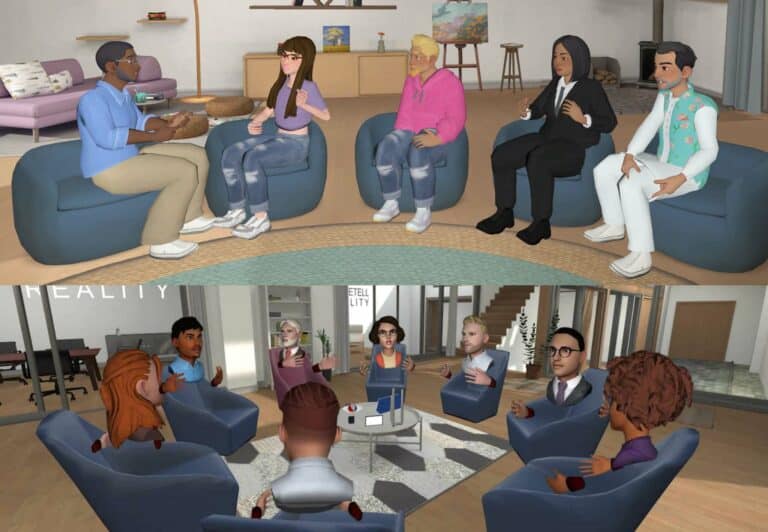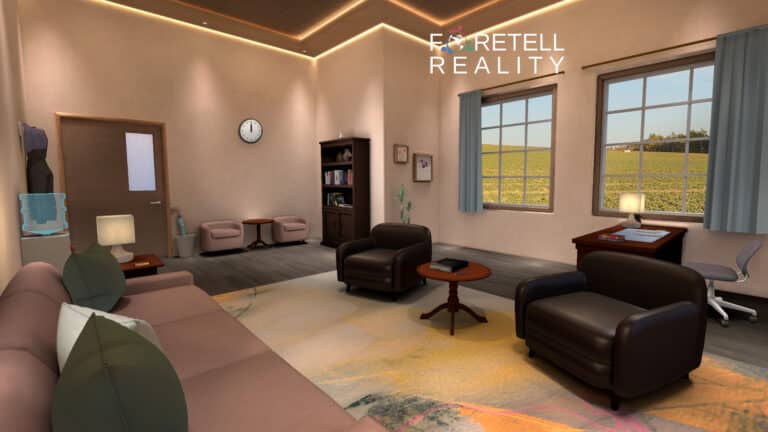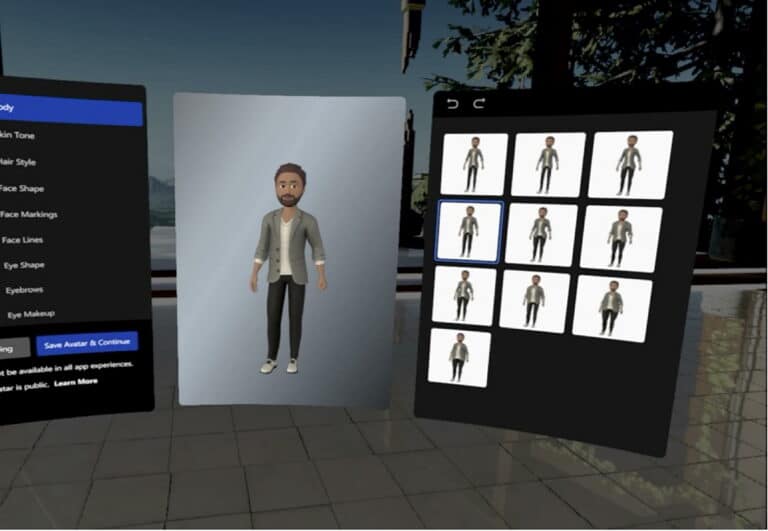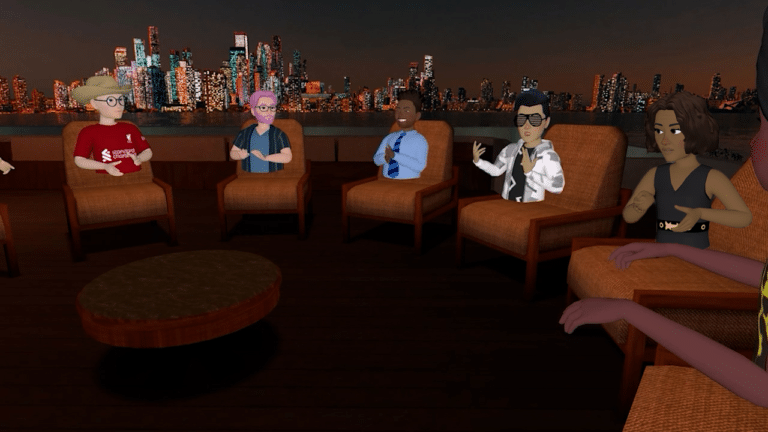We all know that meditation is good for you. With roots in spiritual and secular traditions stretching back thousands of years, meditation is a time-tested way to reduce stress and enhance mental and physical well-being. Tradition has been backed by testing in recent years, as the health benefits of meditation have been substantiated by the scientific community. Studies have shown that meditation’s ability to regulate emotional intensity mitigates both emotional distress and physical pain, and can even remedy physical ailments like high blood pressure. For these reasons and more, meditation has tripled in popularity over the past decade, with no signs of slowing down.
There is an inherent paradox with meditation, however. The common reasons to meditate–overthinking, stress, anxiety–also present a real challenge to meditating in the first place. Meditation aims to achieve a clear mind, but when effective meditation hinges on clearing the mind to begin with, it’s hard to know where to start. With our attention span collectively narrowing and a bevy of distractions constantly available to us, not to mention a global pandemic weighing on us all, meditation is at once more necessary and more difficult than ever.
Meditation in Virtual Reality (VR) addresses these obstacles on the road to mindfulness, even offering several advantages to traditional meditation. Let’s start with distractions: the all-encompassing nature of a VR headset, enveloping our senses in 360 degrees of sight and sound, eliminates some of the self-discipline required by traditional meditation. No longer do you need to practice monastic self-restraint inches away from your phone or computer, as a VR headset is just as engaging and entertaining as your devices, but ultimately works toward a productive end. The visual and auditory sensations of VR immerse participants in their meditation, allowing them to focus solely on mindfulness to an extent that’s challenging even for experienced meditators. Paired with auxiliary activities like breathing exercises, VR makes meditation more accessible for newcomers than ever before.
Guided group meditation has traditionally helped newer practitioners get into the groove of meditation, as the group setting offers several advantages to going it alone. Group accountability, relatability, and consistency are key advantages to practicing mindfulness as a group. It’s difficult, however, to effectively conduct group meditation over Zoom or even in-person, and VR not only makes group meditation possible but actually augments several advantages of group meditation. Anonymized avatars provide a level of comfort for those with social anxiety, allowing them to participate in group meditation without presenting additional stress. Even in group settings, users can individualize their meditation session to fit their personal preferences, benefitting from the social aspect of group meditation without compromising their own meditation experience.
Beyond accommodating personal preferences, customizability allows for regular meditation despite daily variations in mood and mindset. Say you want to meditate, but you’re feeling particularly fidgety or restless today. Instead of sitting still atop a vista, you can opt for a more active meditation session interacting with butterflies in a field or sea life on the ocean floor. If you’re feeling particularly anxious and want to meditate in a familiar, comforting environment, you can spend your time in the Dunder Mifflin office or Rick and Morty’s garage. Moreover, VR integration with biofeedback allows users to better understand how meditation affects them and modify their sessions accordingly. The range of environments and activities available, as well as on-the-fly adjustments made according to biofeedback results, can tailor meditation sessions for a given day, ensuring that you never miss out on the benefits of mindfulness.
The control that customizable VR meditation offers can itself be a source of comfort. Especially during the pandemic, when many felt a lack of agency in their daily lives, the ability to design your own space for rest and relaxation can do wonders for one’s mental health. The variety of environments, many of them real-life travel destinations, addresses the stir craziness many felt from stay-at-home orders and travel restrictions. Not to mention, the socialization potential for group meditation in VR allows users to feel connected and present with one another when physically shared spaces may not always be an option.
Foretell Reality is a social VR platform for mental health and wellbeing that supports both group and individual mindfulness practice among other activities including group therapy and peer support. To learn more or schedule a demo, please visit our website..









